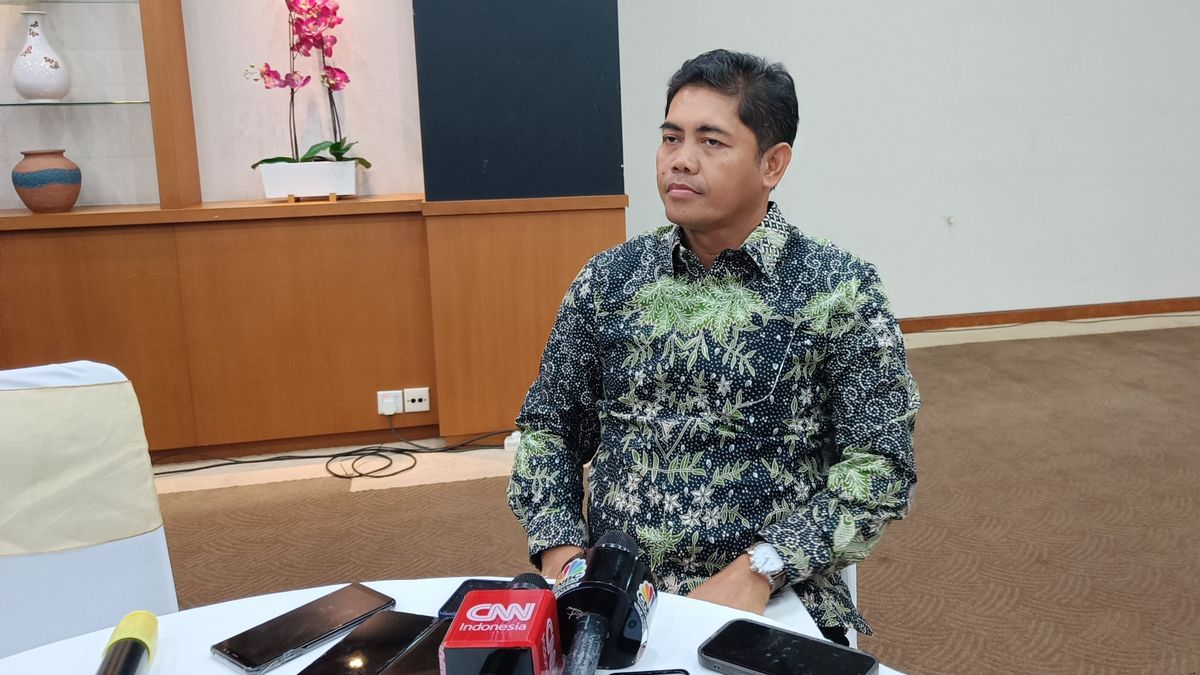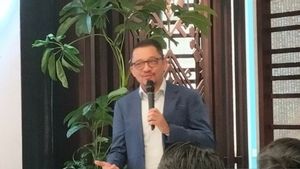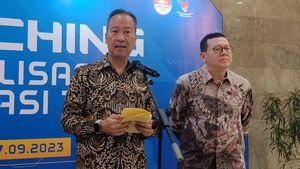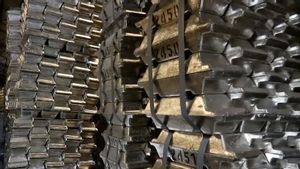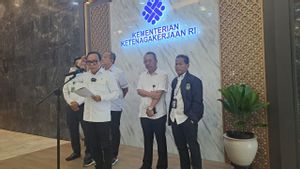PT Sepatu Bata Tbk (BATA) officially closed its factory in Purwakarta, West Java, on April 30, 2024.
The Ministry of Industry (Kemenperin) also provides notes to the industry so that they can survive.
"Why did Bata close the factory? The Bata, which has been here (Indonesia) since the Dutch East Indies era, does need three things," said Secretary General of the Ministry of Industry Eko S. A. Cahyanto during a media gathering at the Ministry of Industry's office, Tuesday, May 7.
First, an injection of investment that must be made by the company to strengthen business capital.
Second, in terms of industrial technology that must be developed according to current developments.
The third thing is the human resource factor (HR), which is that the company's workforce must have competence.
"At least these three things will be able to produce the most updated, innovative and efficient industries and products. So, he can win the market. This is what the industry must do," he said.
On the other hand, said Eko, the Ministry of Industry itself already has a Standardization and Industrial Services Center unit to facilitate industry in technology development.
"So, naturally, the industry had to update technology, product quality and model. So, it can win the market. That's our job to facilitate and constantly maintain it," he said.
Previously, Spokesperson for the Ministry of Industry (Kemenperin) Febri Hendri Antoni Arif said his party would summon the management of PT Sepatu Bata Tbk (BATA) to ask for an explanation regarding the factory closure in Purwakarta, West Java.
"We will call the Bata footwear industry in the near future," said Ministry of Industry spokesman Febri Hendri Antoni Arif when met by reporters at the Ministry of Industry office, Jakarta, Monday, May 6.
Febri said that during the summons, his party would suggest that the Bata factory be strengthened again.
SEE ALSO:
He considered that the import prohibition policy (laltas) through Permendag Number 3 of 2024 concerning Amendments to Permendag Number 36 of 2023 concerning Import Policy and Regulation did not interfere with the footwear industry business.
"We recommend strengthening the factory in Indonesia again. The lartas policy is to encourage investment in the footwear industry sector that has been hit by lartas. Build factories in Indonesia, because the (imported shoes) products, right, are controlled," he said.
In terms of products, Febri assessed that the composition of Bata shoes was mostly in the retail sector and was filled with imported products.
"The Bata manufacturer itself produces only a small number of shoes. Even then, the raw materials come from imports," he said.
The English, Chinese, Japanese, Arabic, and French versions are automatically generated by the AI. So there may still be inaccuracies in translating, please always see Indonesian as our main language. (system supported by DigitalSiber.id)
